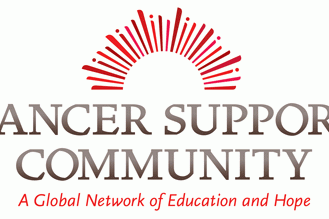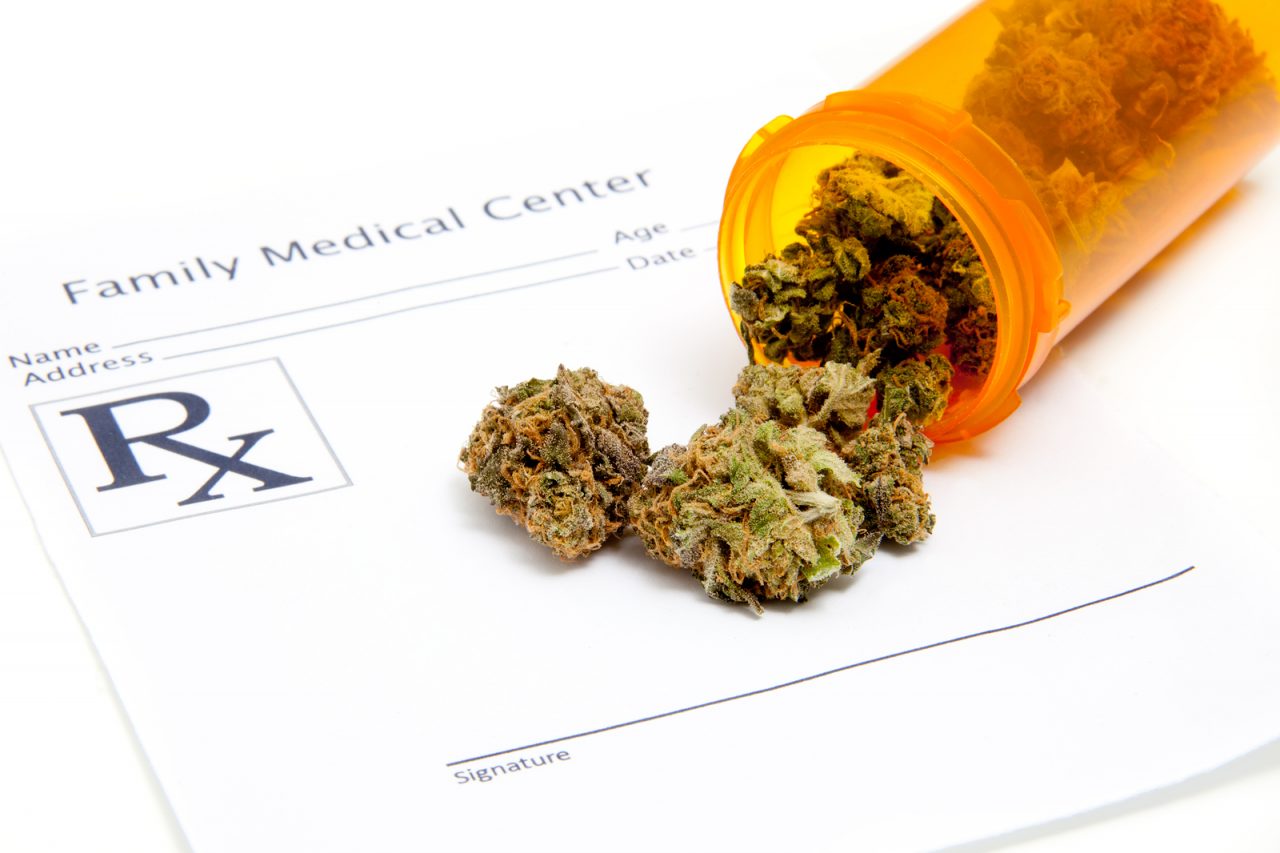In June, I had a hard conversation. I told my patient that breast cancer had spread to her bones. This was very bad news. Fortunately, I was able to reassure her. There was an excellent proven medication, Doxil, which had a very good chance of controlling the disease. She was relieved. Then we got the letter from Janssen, the drug’s manufacturer. Because of problems at a “third party contract manufacturer,” the drug would not be available for weeks or months. I am not sure what that means on the manufacturing side, but I know what it means to a patient. It means heartbreak.
This blog often focuses on the newest and most exciting break throughs in cancer care. The drugs of tomorrow, becoming available today. Treatments which attack cancer at its core based on the newest scientific insights. Therefore, it is disturbing to find that even as we develop fantastic ideas, which will someday cure all cancer, we are faced with a basic conundrum. Our present pharmaceutical system cannot supply the critical drugs which are already proven and which we need right now.
As highlighted in articles and editorials across a wide spectrum of media, there are increasing drug shortages. Medications that increase cancer patient survival and save lives are often not available. This year there have been shortages of 198 prescription medications, many of them cancer drugs. Right here in Central New Jersey we are dealing with drug shortages every single day.
The are many types of drugs, which suddenly turn up missing. They include medicines used in IV nutrition like vitamins, anesthetics, antibiotics, sedatives, anti-diabetic compounds, steroids, anti-nausea drugs, vaccines, antacids, pain meds, blood pressure medications, bone strengthening medications, seizure medications, irreplaceable cancer treatments and others. To our frequent questions like “which drug is the best to treat this cancer,” and “will the insurance company pay for it,” we now add “can we get the drug at all.”
There are many reasons for this and thus no single solution. Nevertheless, just because it is confusing, does not mean we should not have the conversation.
Complex drugs require complex manufacturing processes that are prone to complex failures. This means it is hard to set up manufacturing and when it breaks down, hard to fix. It means intricate supply chains with a multitude of fragile links. Manufacturers usually do not inform regulators when a critical drug is in jeopardy, until it is too late. They tell doctors and patients last.
Profit margins are tight, especially for generic drugs. At times, it is simply not economically feasible to manufacture them. Sometimes the profit for generics does not compare with the massive profits of brand name medicine. This means that large pharmaceutical companies are drawn to the newest and thus most lucrative. Often when a drug comes off patent, no one wants to make it anymore. A drug’s relevance to saving lives looses its luster to that of profit.
At times regulation by the FDA or other agencies, make it extraordinarily expensive to manufacture generic products. Laws against the import of generic drugs, while based on safety concerns, block inexpensive medications from foreign manufacturers. It remains that the United States pays the highest drug costs in the world.
A number of medical organizations are heralding this crisis. The New Jersey Medical Association this month passed a motion which demands immediate action on this vital issue. The motion will be presented to the AMA. This was given extra urgency by the failure of a New Jersey physician’s wife to have access to a life saving cancer drug.
The cancer lobbying organization, Community Oncology Alliance (COA), is pounding the halls in Washington. Representatives of the American Society of Health-System Pharmacists (ASHP) and the Institute for Safe Medication Practices (ISMP) accompany them.
Perhaps the clearest set of recommendations has come from The American Society of Clinical Oncology (ASCO). These recommendations (which are included in proposed federal Bills S. 296 and H.R. 2245) include:
-Expanded FDA authority to require manufacturer notification of shortages
-Provide incentives to produce critical drug products
-Require FDA notification when there is only a single active drug ingredient or source for a drug’s manufacture
-Expedited FDA review of generic drug applications
-Expedited FDA review of unapproved critical therapies
This is no ones fault. This is everyone’s problem. As with any successful public health process, this requires a balance of regulation and encouragement of the free market. Let us not delay. An increasing loss of proven medications from the medicine cabinets of patients is not acceptable. Let us do everything to prevent the day when we have to say, “we could save you, but…”







Comment